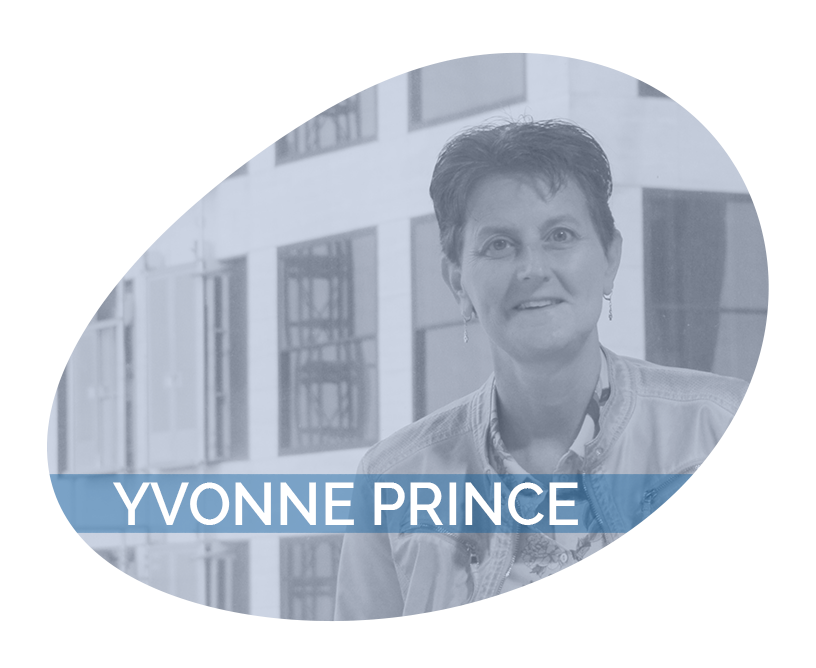Evaluation of the tariff structure of the integral water invoice in Flanders
Evaluation of the tariff structure of the integral water invoice in Flanders
Since 1 January 2016, the tariff structure of the integral water invoice in Flanders has changed considerably. Before, tariff structures of the drinking water component greatly differed between the various water companies and there was no fixed charge for the remediation component. After the introduction of the new tariff structure, several studies have been conducted to evaluate the intended effects of the changed policy. Commissioned by the Flanders Environment Agency (VMM), SEOR carried out an overarching study to examine, organize and weigh the results of these studies.
The study shows that the adjusted tariff structure overall has had a positive effect. The new structure improves the cost allocation, the affordability and the prevention of water poverty. The only negative effect found concerns the satisfaction of households, which had deteriorated slightly. The intended goal to stimulate sustainable water consumption through economic incentives has not been achieved, because the price elasticity of drinking water is relatively low. Hence, substainable water consumption should be encouraged in a different way.
Download
Details
Expertise
Regulation
Contact
ABOUT SEOR
SEOR is an independent social economic research organisation linked to the Erasmus School of Economics and provides research and advisory services to both public and private sector clients worldwide.
CONTACT
- Address:
- Rotterdam Science Tower
Marconistraat 16, 11th floor
3029 AK Rotterdam - Telephone:
- +31 (0)10 302 0500
- Email:
- seor-secr@seor.eur.nl
NEWSLETTER
Subscribe to our newsletter by filling in this form:





